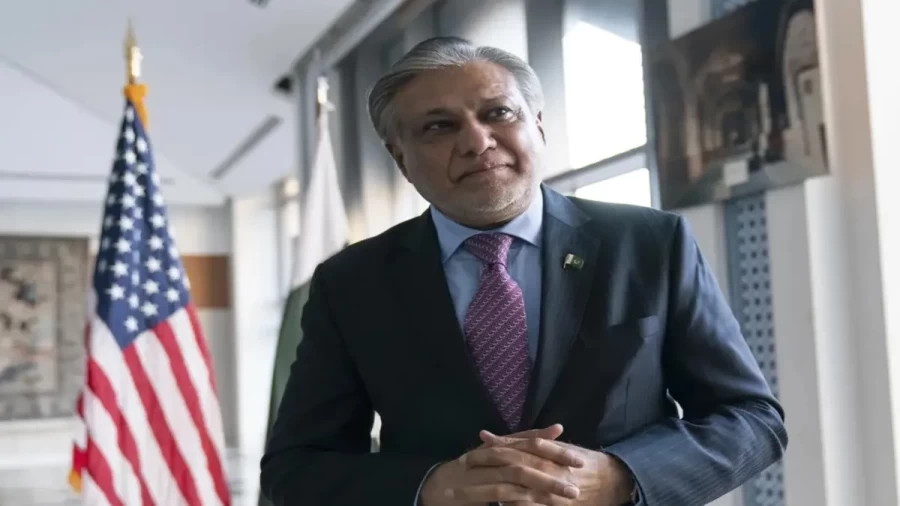Ishaq Dar: History is a witness that whenever India has lost patience, Pakistan has been in a bad shape. The emergence of a new country in 1971, Bangladesh, is a living example of this. At that time, India not only showed its military power, but also created a new geopolitical scenario on the world stage. Now recently, during "Operation Sindoor", the Indian Army once again made such a mark that Pakistan must have started fearing the red colour. But Pakistan is a country that boasts even after being defeated. From the people to the military officers and even the leaders, everyone leaves no stone unturned in boasting. Now the latest statements of Pakistan's Foreign Minister Ishaq Dar have again made headlines. Let's take a look at his claims and the reality.
Dar is giving statement after statement
After the crushing defeat from India, Ishaq Dar is now seen making big claims. Deep down they are aware of the reality of how weak their position is, but are not ready to admit it publicly. Dar recently claimed that Pakistan has given a “more than tit for tat” response to India’s latest actions. However, Pakistan has not presented any concrete evidence before the world. Yet their statements are as if they have won the war. This is the same old pattern, in which Pakistan loudly beats the drum of its imaginary victory even after defeat.
Dar’s stand on Indus Water Treaty
Ishaq Dar also made statements on the Indus Water Treaty. He said, “The results of the four-day war have proved that India can neither scare nor pressurize Pakistan.” Along with this, Dar also claimed that Pakistan is fully committed to protecting its rights under the Indus Water Treaty. But the reality is that while Pakistan is limited to mere rhetoric, India has taken concrete steps in this direction. India has started work on several projects to strengthen its position under the provisions of the treaty, which clearly reflects the uneasiness in Pakistan.
The song of peace and the mention of Kashmir
Dar once again raised the old Kashmir issue. He said, "Permanent peace in South Asia depends on a permanent solution to the Jammu and Kashmir dispute." This is the same old statement that every Pakistani leader repeats. But soon after this, Dar also talked about peace. He claimed that Pakistan wants peace with all its neighbors, including India. This double character has been a part of Pakistan's policy - on the one hand, talking about peace, on the other, promoting terrorism.
No answer to India's military power
Meanwhile, after the terrorist attack in Pahalgam, Jammu and Kashmir in April, India adopted a tough stand. On May 7, India carried out precise and effective attacks on terrorist infrastructure in Pakistan and Pakistan-occupied Kashmir. This action of the Indian Army caused heavy damage to Pakistan's military bases. In response, Pakistan tried to attack Indian military bases, but it failed. After this, India adopted a tougher stance and targeted several airbases of Pakistan, which dealt a severe blow to its military capability.


